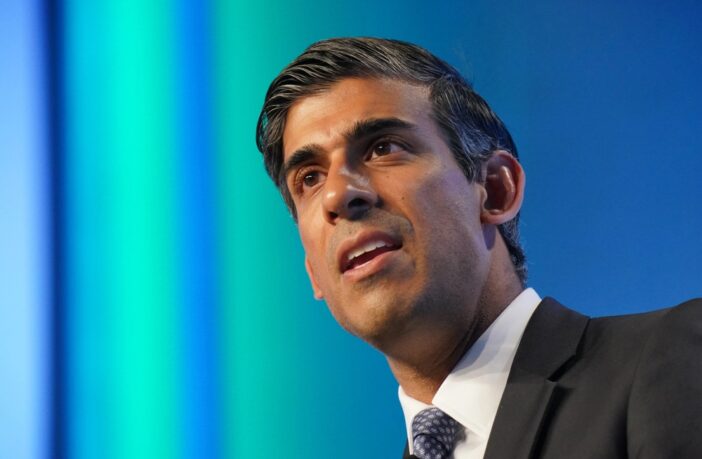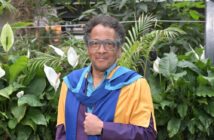An OU academic has criticised the Prime Minister’s foreign policy speech at London’s Guildhall delivered recently.
Professor Jamie Gaskarth, Professor of foreign policy and international relations, says there was no mention of the economic crisis the UK is facing; no recognition that the aid budget has been gutted and that proposed increases in defence will be lost to inflation.
He said: “Sunak’s first major foreign policy speech is worryingly divorced from reality.” He continued that there was also no mention that the UK was sliding down the ranks of leading economies, having been overtaken this year by India.
No substance
He said the PM rejected “wishful thinking” and “grand rhetoric” but said much of the speech was just that. Here are Professor Gaskarth’s main takeaways:
- Sunak’s rhetoric on China was confrontational, declaring the “so-called golden era” with China as “over” but then suggesting the relationship could be managed with diplomacy and engagement.
- His vision of relations with the EU was thin, rejecting any alignment with EU law and confining co-operation to energy, illegal migration and engagement with the European Political Community.
- There were strong statements on Ukraine and Russia, and lessening dependence on authoritarian regimes, but the UK is heavily reliant on investment from many such states, including China and the Gulf states.
- The ’tilt’ to the Indo-Pacific was heralded, but Africa and South America did not merit a mention (despite holding important resources, including rare earth metals which will be vital for future science and technologies).
Little evolution on display
“Overall, despite his assertion, there was little evolution on display. This speech doubled down on the foreign policy set out in the Integrated Review, with no recognition that the UK is facing severe economic headwinds.
“It will enter an era of great power competition looking to strengthen relationships with like-minded countries that share our values, when it would be more sensible to form partnerships with those that can further our interests – whatever their domestic arrangements.”
Picture: Shutterstock



